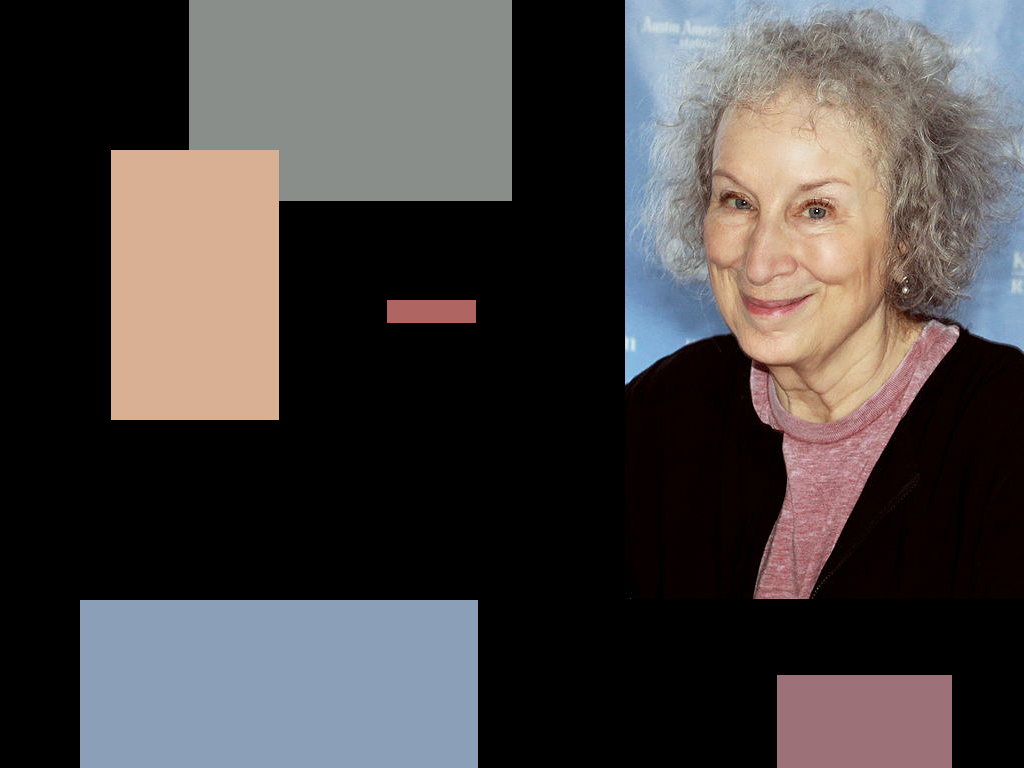By: Dr. Molly Ruhlman, Political Science at Towson University*
The debate about whether the new TV series, “The Handmaid’s Tale,” serves as a political comment on current American politics, or not, has already become stale. But there is so much more to take from this series when we widen our focus beyond the narrow peculiarities of American political and cultural debate. Sure, “The Handmaid’s Tale” is a fictional account set in a dystopian future where large sections of the United States have fallen under the control of a cruel regime, driven by a particular fundamentalist interpretation of Christianity. So, there is plenty to digest with our eye on American culture, law and politics. But, in addition, we can watch The Handmaid’s Tale and see a universal story of human rights denied in ways that are, in fact, entirely real. Margaret Atwood did not imagine incredible new ways to violate individual freedoms so much as take her readers on a terrifying trip of empathy.
Both when I first read the novel years ago, and also after just recently watching the first three episodes of the TV series, I found that it was not the dystopian fiction that gripped me, but instead its realness. In fact the success of this fiction, its ability to captivate and arouse fear, depends on the reality of its horrors. The things portrayed in the movie not only have happened in history, but happen today. Guardianship laws; denial of the freedom of movement, work, thought, and speech; enslavement; governmental control of bodies; genital mutilation; execution; criminalization of homosexuality; denial of a fair trial; firing upon protesters; disappearances – all of the mechanisms of control portrayed in this novel and TV series are real. I hope that “The Handmaid’s Tale” leads viewers to see that all kinds of denials of freedom are interconnected. We each have an obligation to believe in, and work for, the universal rights of individual freedoms for all.
It also tells us something about the origin of oppression and violence. I have taught many students who blame the atrocities committed by groups such as Daesh and Boko Haram on Islam. Yet these groups have no greater claim to Islam than Joseph Kony, leader of the Lord’s Resistance Army, has to Christianity. The fictional world of “The Handmaid’s Tale” illuminates this point. For example, the scene in which June (Offred) incites Aunt Lydia’s deep anger by doing nothing more but speaking the rest of the Bible verse that she had begun (“blessed are the meek”), highlights it with particular clarity. Religious views can certainly fuel oppression and violence. But religious views are far more varied than indicated by the handful of names that we give to the world’s major religions.
At the same time, many of my students are also tempted by the cultural relativist perspective that each is entitled to their own views, leading them to conclude that universal human rights are none of our business. How can we criticize anyone’s cultural or religious views? “The Handmaid’s Tale” encourages us to break down these ideas with empathy. What are those who live outside the walls of this fictional world thinking and doing? They could consider that the religious practices therein are awful and strange, but not really any of their business. They could find the views of this oppressive religious sect to be antithetical to universal human rights, and seek to support the individuals and dissenters, in whatever way that they have available to them. This is the same choice that all people have all of the time, right now.
In sharing these observations, I do not mean to develop an argument supporting the use of US military action to right all the injustices and oppressions in the world. I do not want to see my government or any other government forcibly invade Saudi Arabia in response to guardianship laws, or Gambia for criminalization of homosexuality, or all of the nation-states guilty of their own particular versions of oppression and injustice. That would not be the best way to promote individual human freedom as a universal right. There are other ways to support human rights. The first step is simply knowing about injustices that happen. The second is believing in the existence of a universal human right to individual freedoms. The third is seeking to support those who work to expand those freedoms around the world, while simultaneously promoting and expanding freedoms for all persons within our own cities and nation-states. We have different sources of power to do this work—political, persuasive, financial, creative—but the universality of humanity demands that we find our unique powers of influence to expand freedoms from oppression.
Universal human rights and freedoms are under constant bombardment. Freedom cannot be protected by governments alone (or at all), but instead by individuals that believe and work on behalf of the rights of others before ourselves.
*Disclaimer: The content contained in the following material is the sole ownership of the author and does not reflect the views of the Towson University Journal of International Affairs nor Towson University in any respect whatsoever





where did the tale come from?